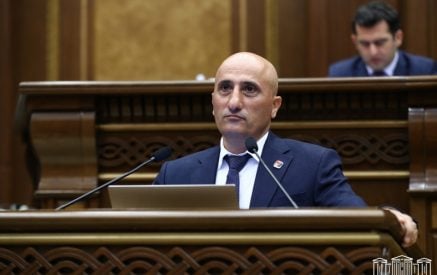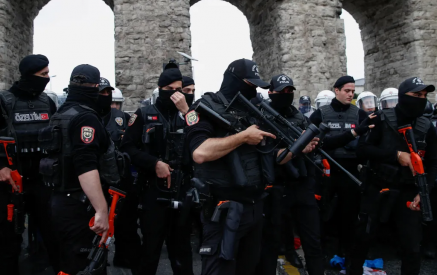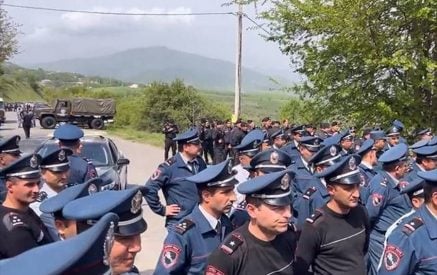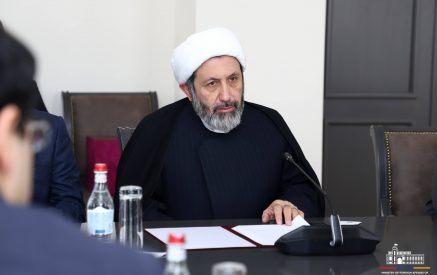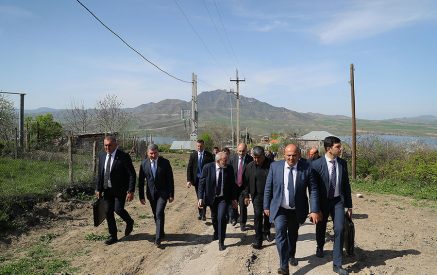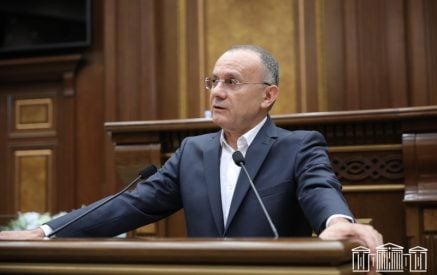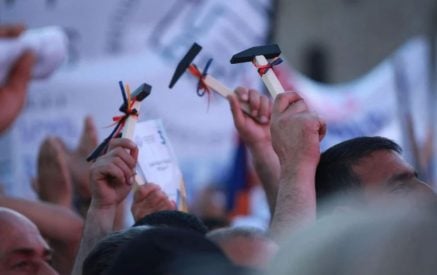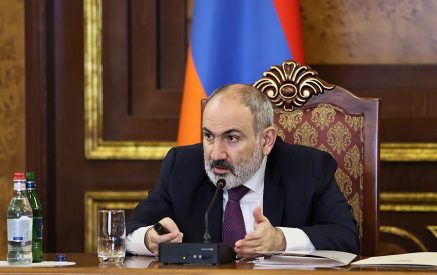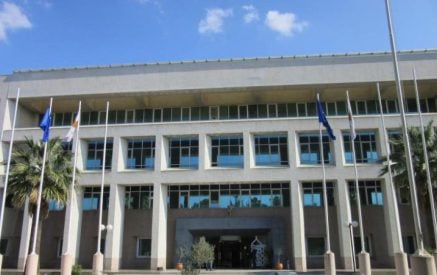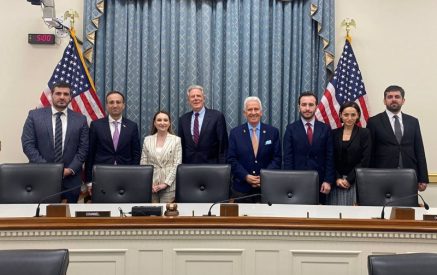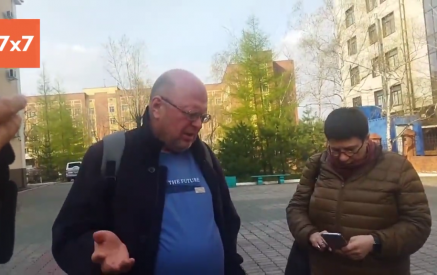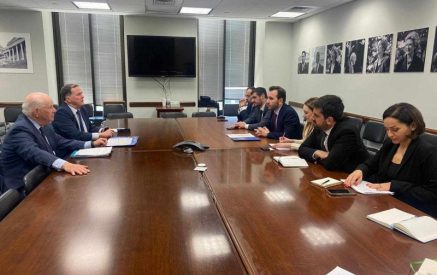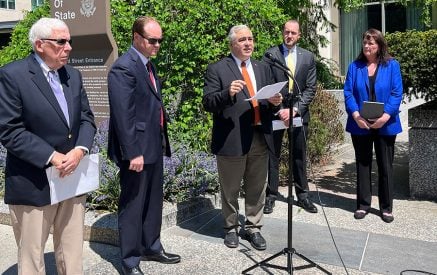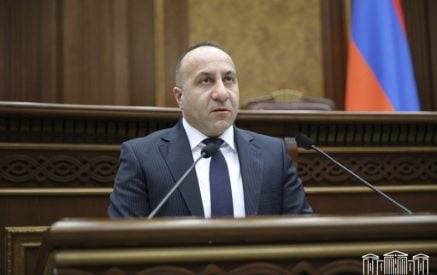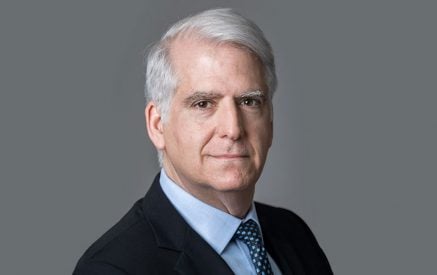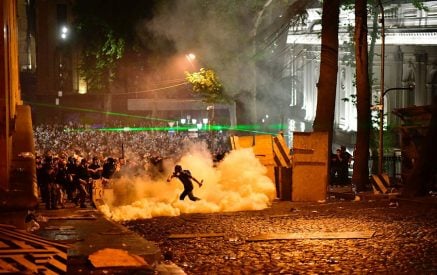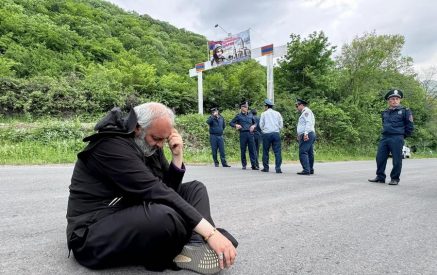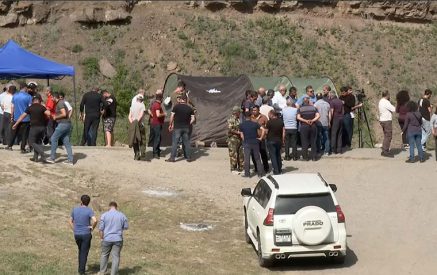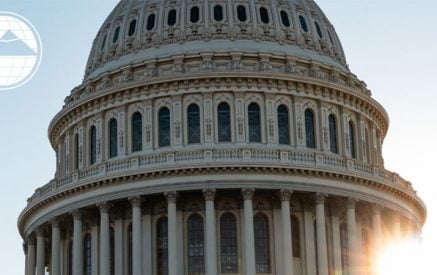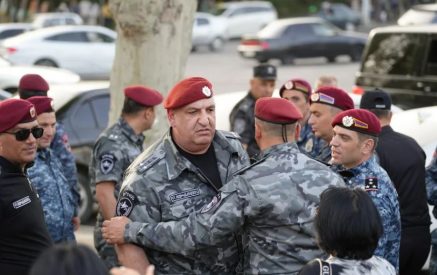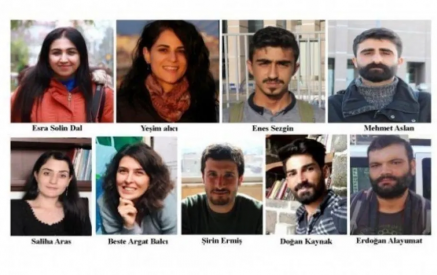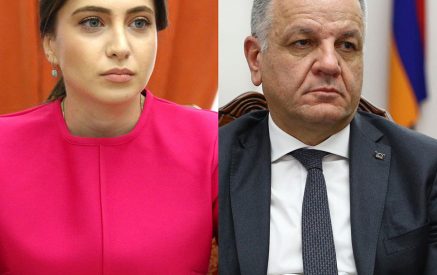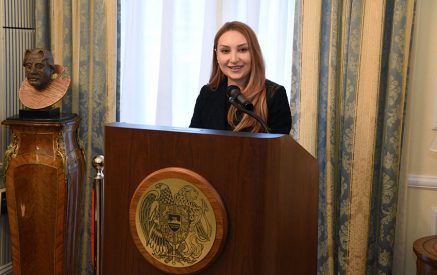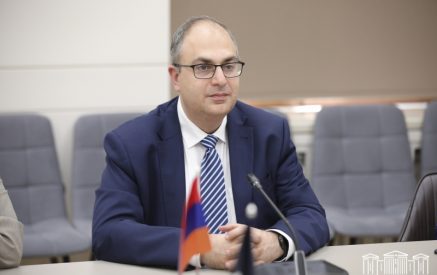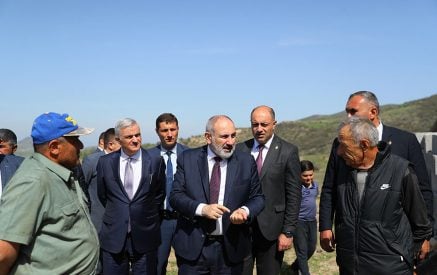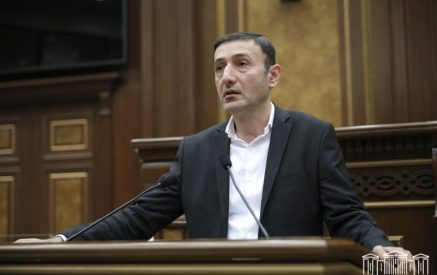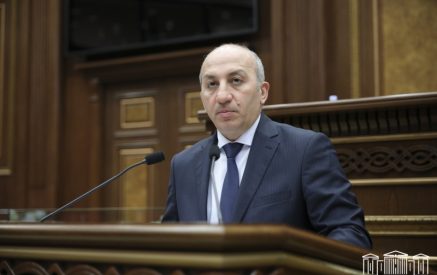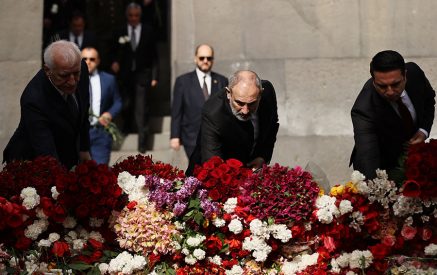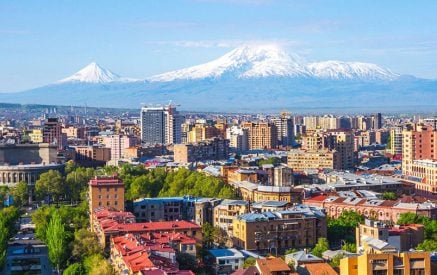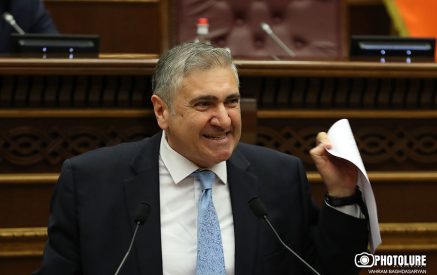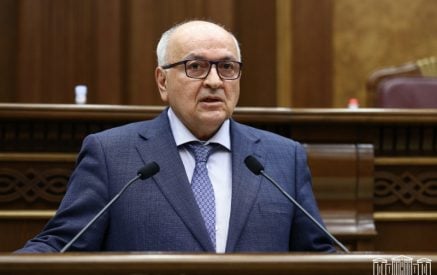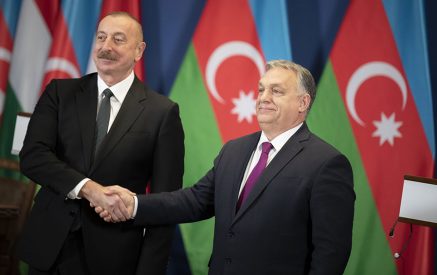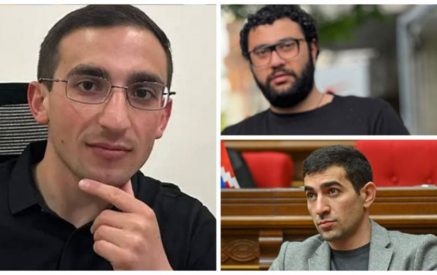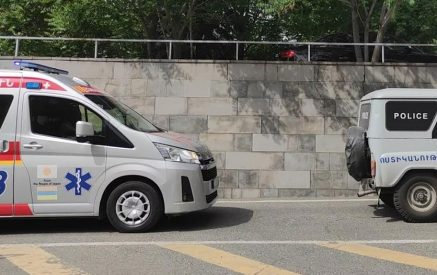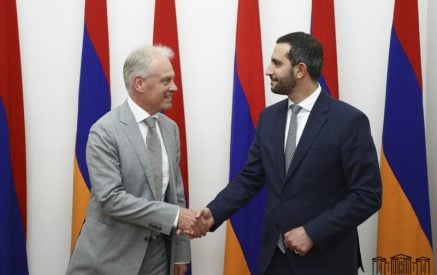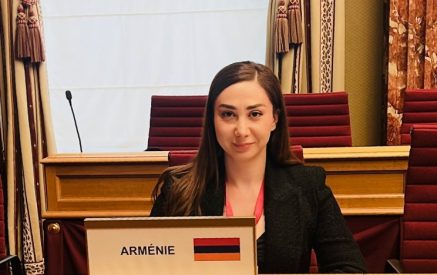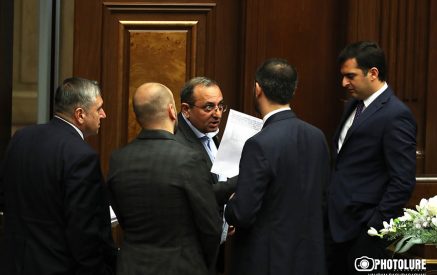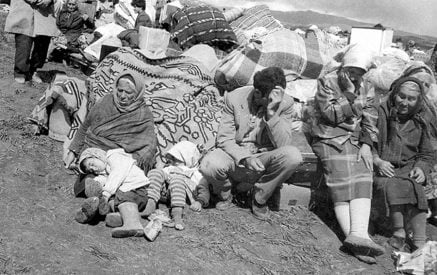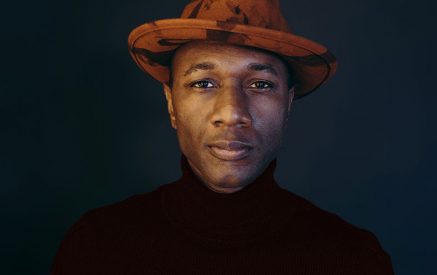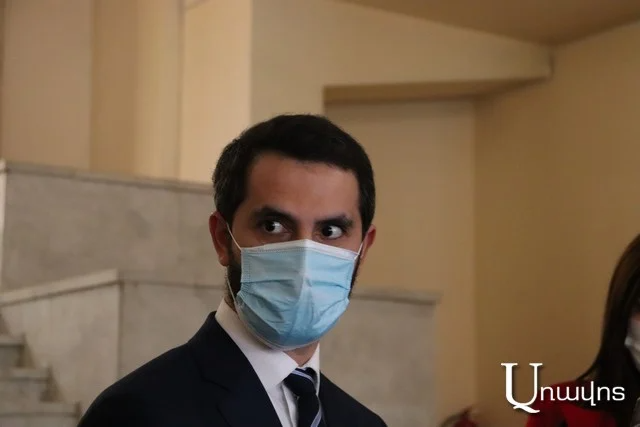During a questions and answers session of parliament, in response to Naira Zohrabyan’s question, Prime Minister Nikol Pashinyan said, “Prior to the war and liberation, the population of Shushi consisted of over 90 percent Azerbaijanis. In other words, you want to say that Shushi would remain an Armenian city with a population of 90 percent Azerbaijanis?”
Regarding this, the chairman of the National Assembly Standing Committee on Foreign Relations, Ruben Rubinyan was asked about whether Shushi is Armenian or Azerbaijani since Nikol Pashinyan’s speech went on the front pages of Azerbaijani media. He said, “The Prime Minister’s speech was completely misrepresented in the media and among different opposition politicians. Shushi is a historically Armenian city, and that is a historical fact.”
Rubinyan said that prior to the war in 1987, around 90 percent of Shushi’s population was Azerbaijani. Therefore, in the event of their return, the population of Shushi should have become 90 percent Azerbaijani. According to Rubinyan, Pashinyan wanted to say that if he were to agree to having the refugees from Shushi return, would Shushi have truly remained Armenian? “You tell me, was this conversation at all about whether or not Shushi is Armenian, or was it about who would control Shushi as a result of having the refugees return? The opposition and many news outlets willingly distorted what the Prime Minister said.”
Rubinyan added that everyone knows that the majority of people living in Shushi were Armenian prior to 1920. Then, as a result of ethnic cleansing and anti-Armenian Azerbaijani policies during the Soviet Union, its Armenian population left and 90 percent of the population became Azerbaijani. When the issue of refugees is discussed, they are referring to the population after 1987.
Read also
Rubinyan asked a question. “Let me ask you something: was Shushi under Armenian control at the beginning of 1992? No. Shushi was liberated after 1992. Let’s say that the Prime Minister agreed to have the refugees return. The Azerbaijanis, naturally, would not have recognized Artsakh, and they would have considered themselves to be in Azerbaijan. In that case, would Shushi truly have been under Armenian control?”
When asked if that really would not have been better than what we have now, Rubinyan responded, “Looking back, everything can be comparable. If we are referring to that day in October, the situation arose where we could fight and avoid losing Shushi, or we could not fight. We chose to fight.”
When asked if that was the wrong decision in retrospect, Rubinyan responded, “Now knowing the results of the war, it is ungrateful to assess whether it was the right decision or not. Using the same logic, Armenia’s leaders could have decided that their chance of winning was low in 1991 and they could have avoided fighting. They could have done that, right? The soldiers could have decided before the Battle of Sardarapat that the chances of winning were low and they could have avoided fighting.”
Rubinyan agreed that there is one fact: the results of this war “weren’t good.”
Hripsime Jebejyan

